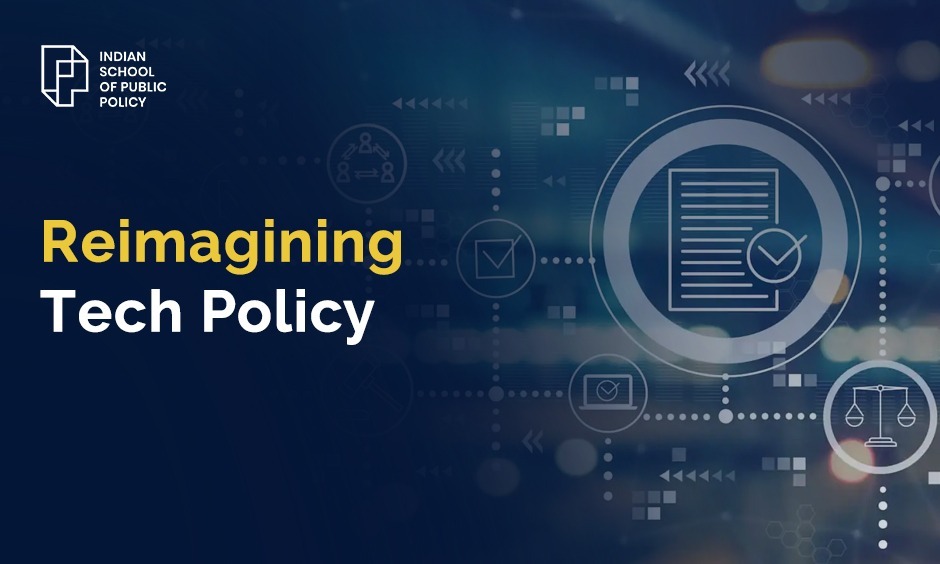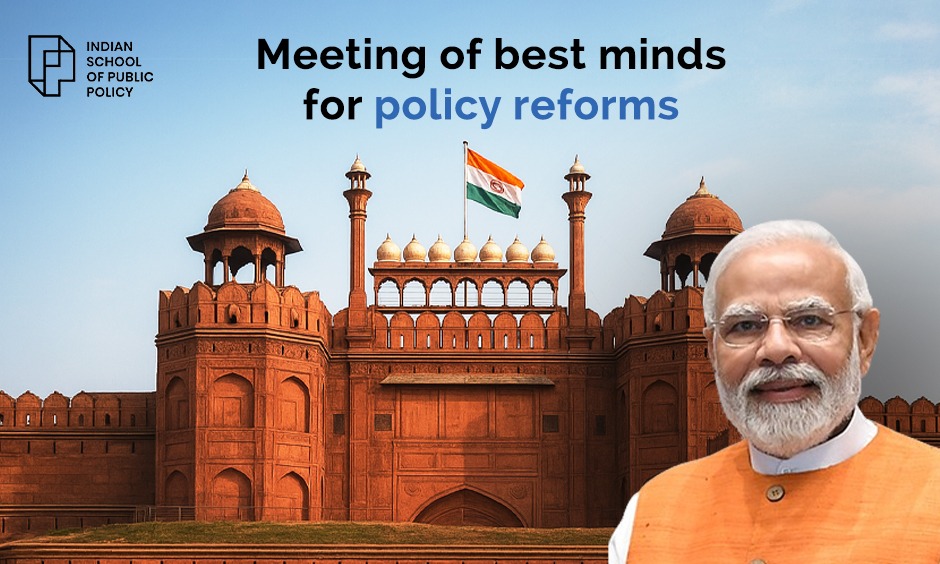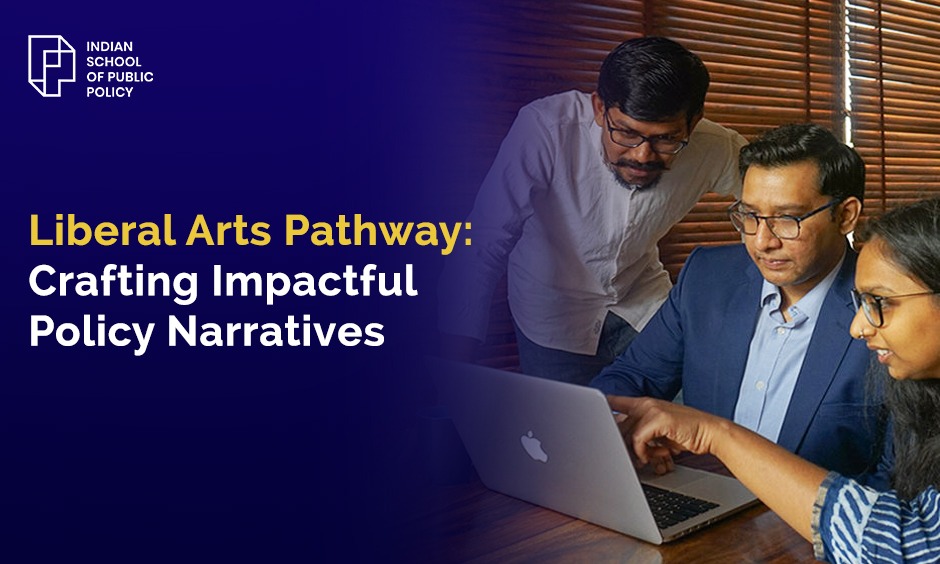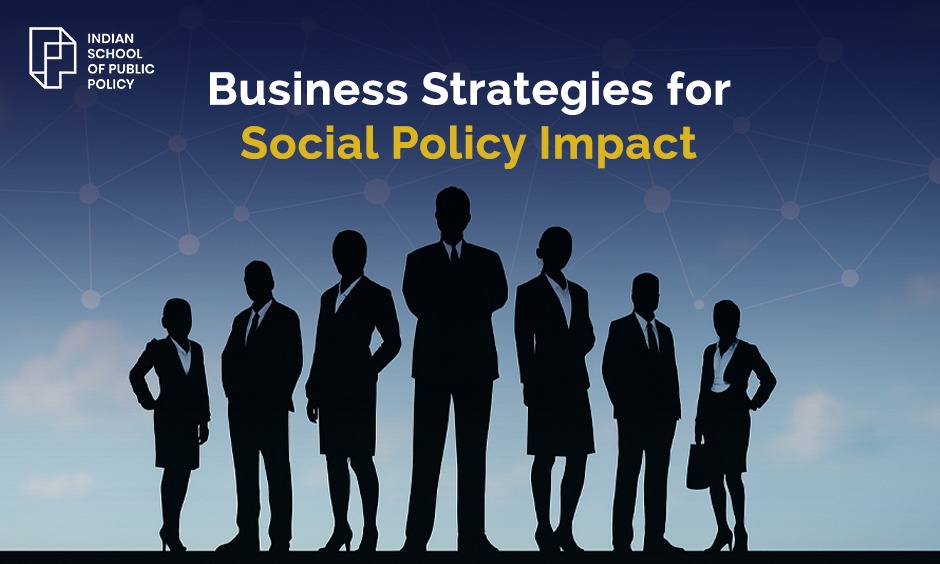Understanding Government: Two Days Immersive Leadership Programme
The programme has been designed to address critical challenges that are often faced when working with the government.
This course explores governance and decision-making for leaders aiming for organizational success, using practical examples.
Supported By
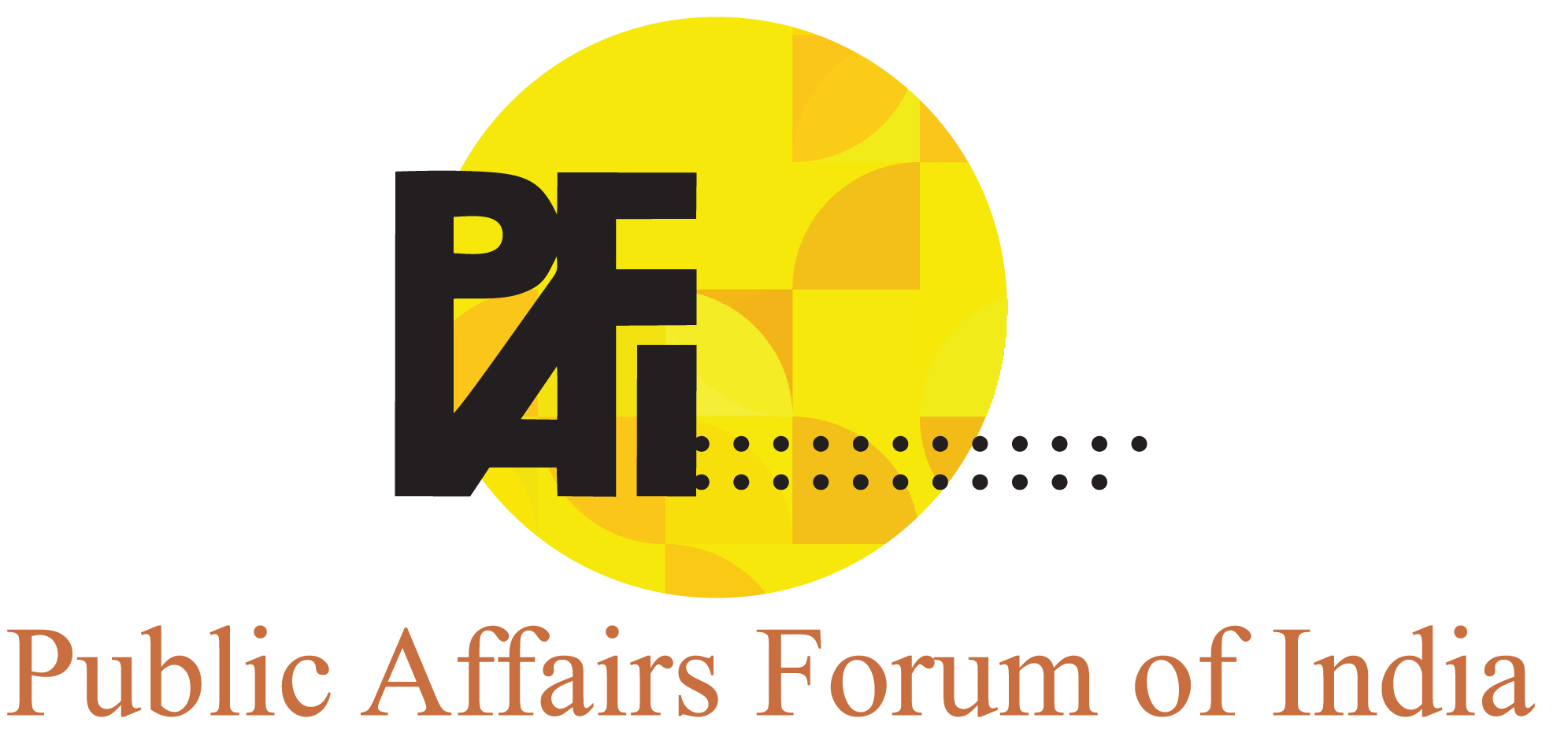
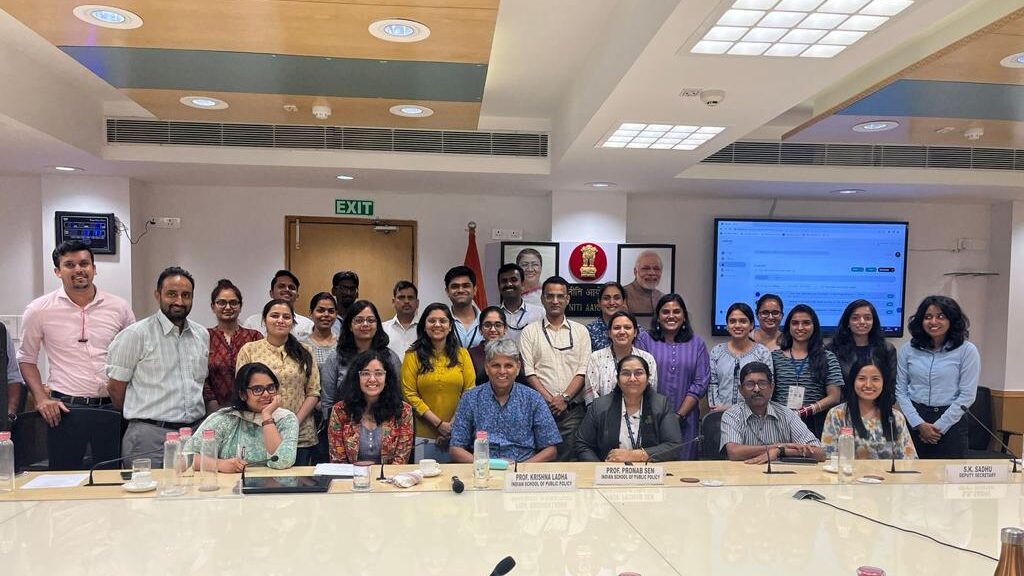
Supported By
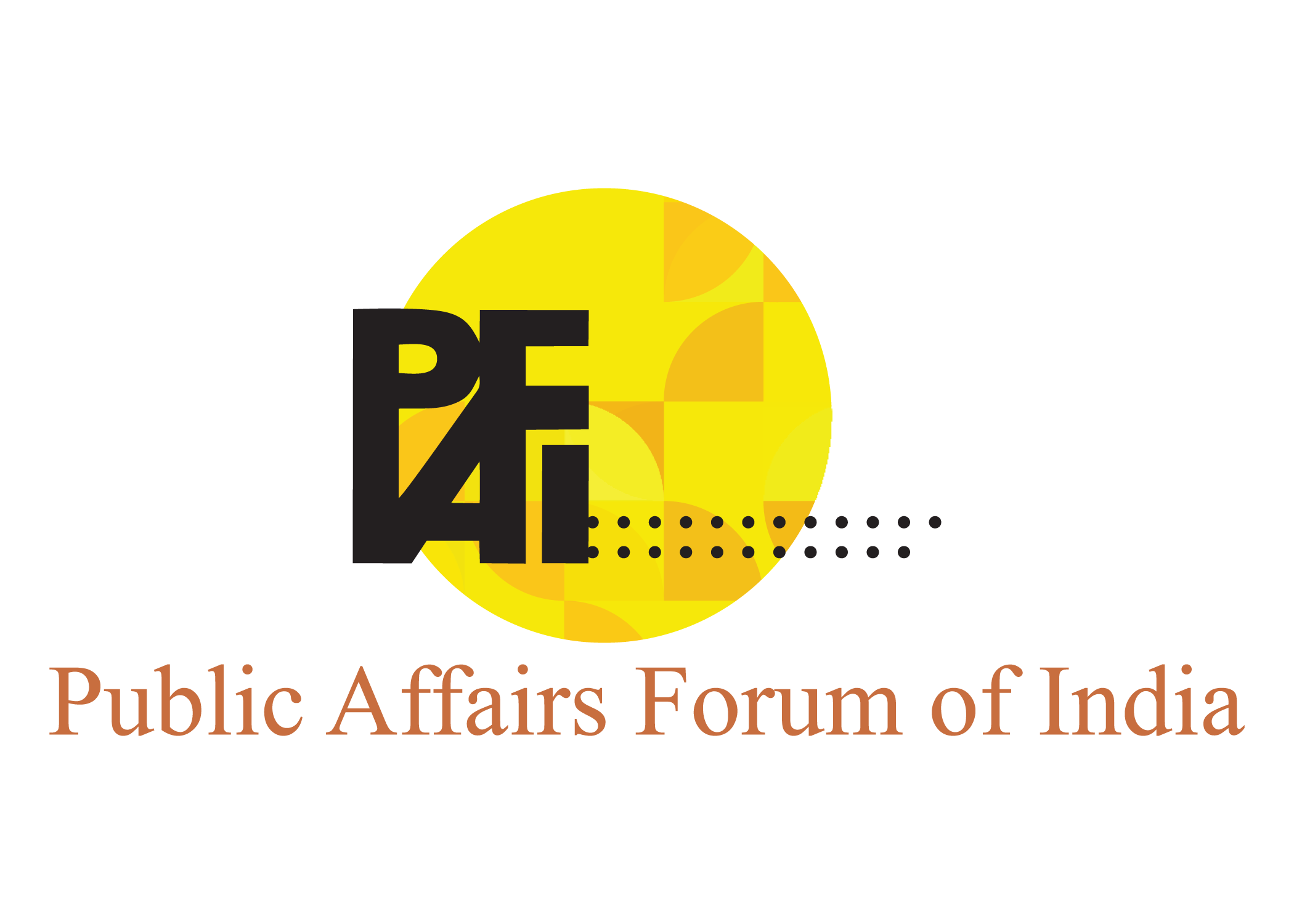
Highlights

Two days of in-person sessions at ISPP Campus

Four sessions per day; Two in the morning & Two in the afternoon

Morning sessions: Interactive lectures + Case Studies and Afternoon Sessions: Games + Group Exercises
Details
Date: To be announced
Duration: 2 days
Location: On Campus
Format: 4 interactive sessions per day. 2 in the morning and 2 in the afternoon
Programme Fees: ₹40,000 (plus 18% GST)
Who should attend this programme

Public Policy/Government Affairs division of Large size Corporates

Heads of NGOs & Think Tanks
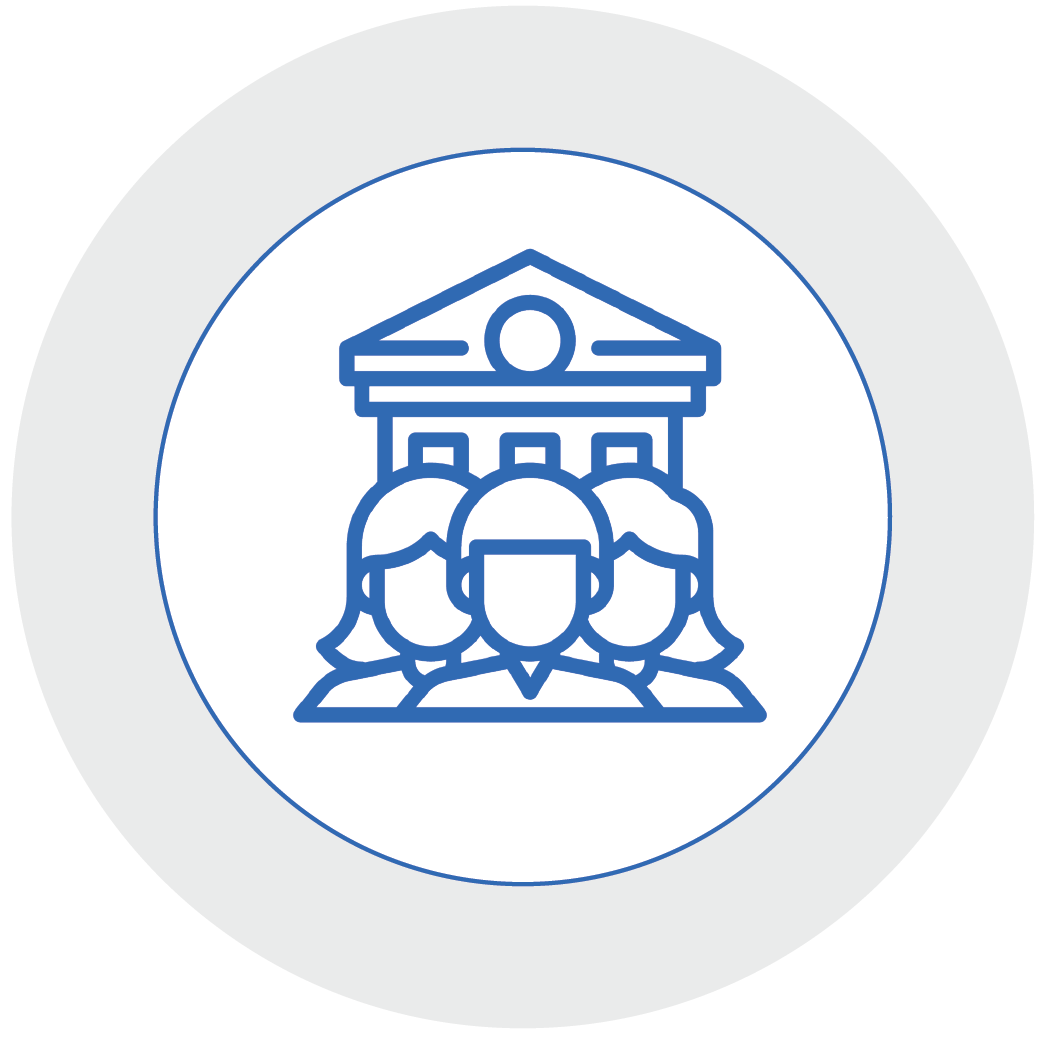
Representatives from Associations from Civil Societies

Business Unit Heads of Small size Corporates

Heads of Academic Institutions
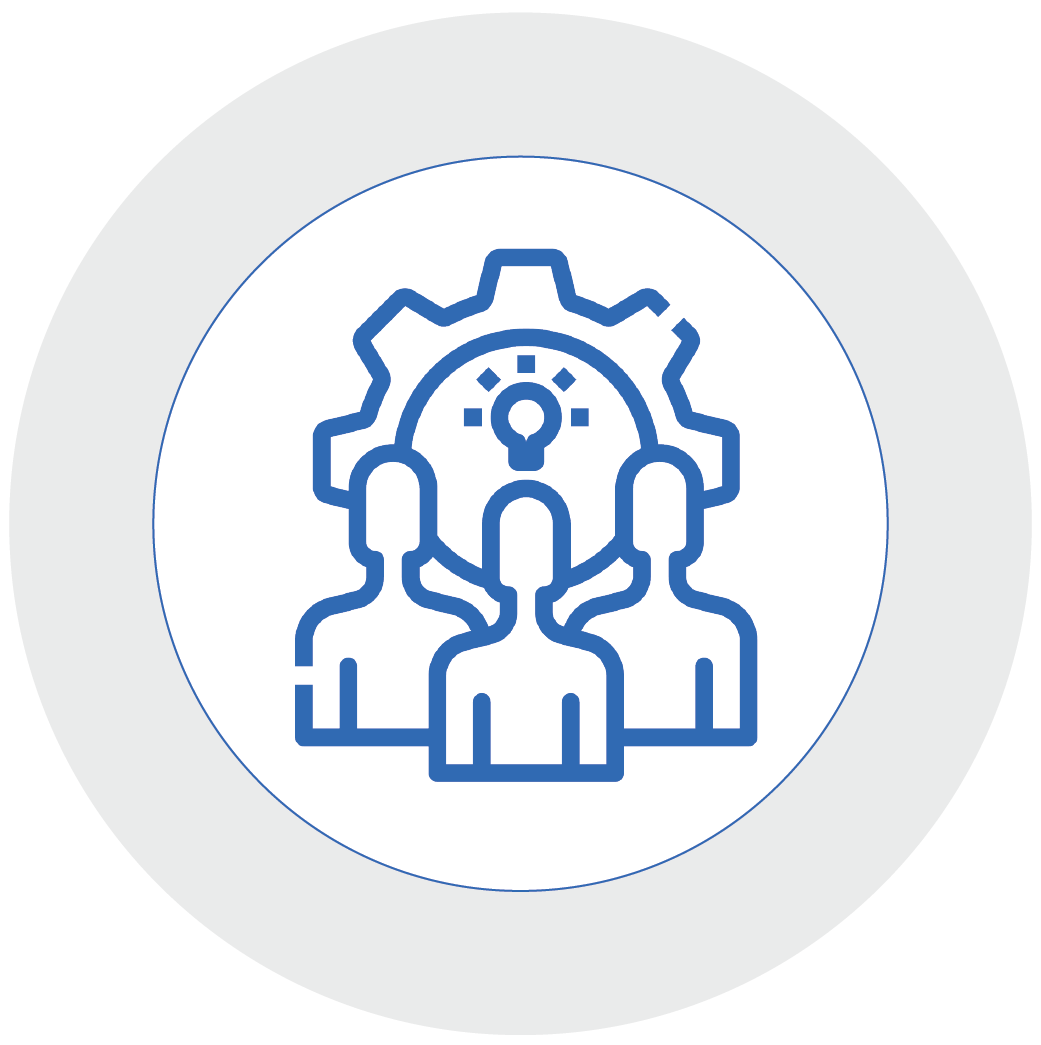
Representatives from Industry Associations
Curriculum Committee
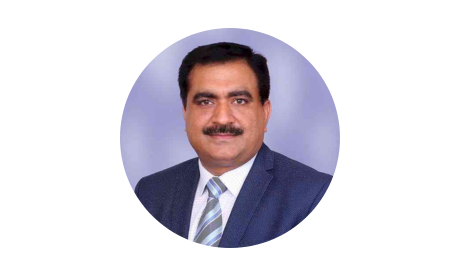
Rakesh Swami
Group President – Corporate Affairs Godrej Industries Limited and Associated Companies

Meera Krishnan
Faculty In-Charge, Assistant Professor, Writing & Communication Lab at the ISPP
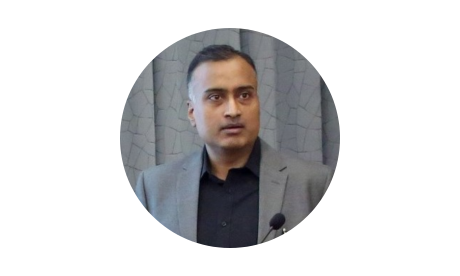
Ashish Aggarwal
Vice President, Head of Public Policy, NASSCOM
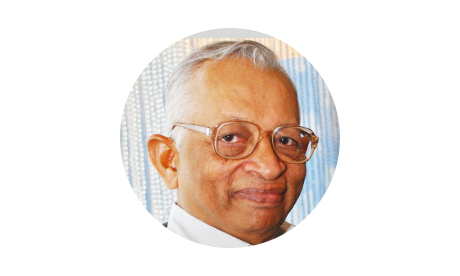
Dr N.C. Saxena
Faculty- ISPP, Former Secretary, Planning Commission of India
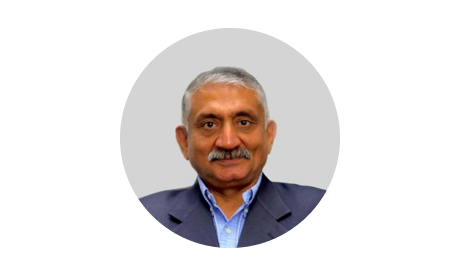
Mr Ajay Khanna
Faculty- ISPP, Co-Founder, Public Affairs Foundation of India (PAFI)
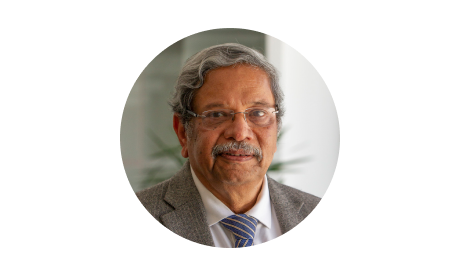
Dr O.P. Agarwal
Professor of Practice, ISPP
Programme Faculty

Dr N.C. Saxena
Faculty- ISPP, Former Secretary, Planning Commission of India

Mr Ajay Khanna
Faculty- ISPP, Co-Founder, Public Affairs Foundation of India (PAFI)

Dr O.P. Agarwal
Professor of Practice, ISPP
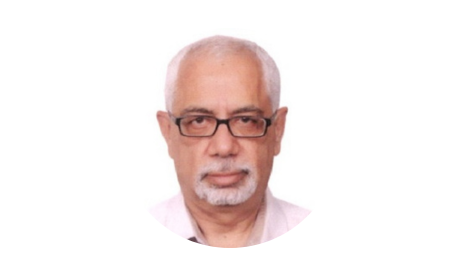
Mr Rajiv Datt
Ex-Managing Director of the Indian Railway Finance Corporation
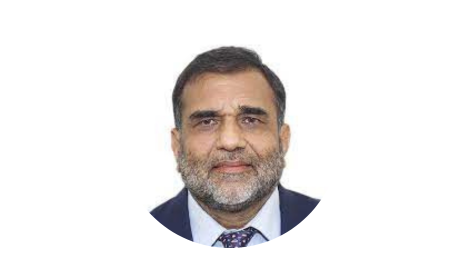
Dr Anup Wadhawan
Former Commerce Secretary for the Government of India (Retd.)
Programme Modules
Over two days, we will cover four courses that begin with an introduction to Indian public policy-making and cover various aspects ranging from governance to policy-making and building effective partnerships with the government.
Public Policy in India

The Public Policy in India course will introduce participants to the structure and frameworks of public policy. It will study the stages that an issue goes through before it emerges as an official government policy. For each stage, it will explore the process and actors involved in shaping the outcomes. With this introduction to public policy-making in India, leaders will be better equipped to engage with governments in delivering positive change.
Governance in India

The course has been designed to unravel the intricate details of the Indian governance system. Over two sessions, leaders will explore the three-tier governance system in India, the distribution of law-making authority between different levels of government, administrative structures, revenue-raising capabilities, and decision-making processes, and revenue-spending procedures of the government. The course will empower leaders to better understand the functioning of the government. By the end of the course, the participants will be better equipped to engage the political and administrative spheres of governance in India.
Economic Policy-making in India

The course on Economic Governance in India aims to demystify how economic policies and decision-making by government happen. The course is divided into two sessions where the first session will examine the functioning of Public Sector Undertakings and discuss examples of collaboration between industry and civil society. The second session has been designed to offer valuable insights into the government’s investment decision-making strategies. Through this course, the participants will be endowed with core knowledge of the government’s economic decision-making processes and how they can participate in such processes.
Government-Industry Partnerships

As the Indian economy grows, it becomes increasingly important for the industry to build and engage in effective partnerships with the government. A pre-requisite for this is knowledge of who are the relevant officials for various policy issues. This course will fill that gap by introducing participants to important tools that they can rely on to identify important stakeholders in the government. By the end of the course, leaders will be trained in identifying important communication channels that they can rely on to build effective partnerships that drive innovation and progress.
Programme Schedule
| Time | Session Titles | Faculty |
|---|---|---|
| 9:30 am – 10:00 am | Welcome to ISPP and the Executive Education course on Understanding Government | O.P. Agarwal |
| 10:00 am – 11:30 am | The Structure and Framework of Public Policy making | O.P. Agarwal |
| 11:30 am – 12:00 noon | Tea Break | |
| 12:00 noon – 1:30 pm | Basic features of three-tier structure of government, distribution of subjects between the Centre, States, and Panchayats, Administrative Structure | N.C. Saxena |
| 1:30 pm – 2:30 pm | Lunch | |
| 2:30 pm – 4:00 pm | How are revenues raised and shared through Finance Commission and centrally sponsored programmes Decision making in government, flow of funds, and how to reduce delays | N.C. Saxena |
| 4:00 pm – 4:30 pm | Tea Break | |
| 4:30 pm – 6:00 pm | PSUs at the Centre and States level A few examples of government’s collaboration with civil society & industry | N.C. Saxena |
| Time | Session Titles | Faculty |
|---|---|---|
| 9:30 am – 11:00 am | Opportunities for corporates in public policy making | Ajay Khanna |
| 11:00 am – 11:30 am | Tea Break | |
| 11:30 am – 1:00 pm | How does Government decide on investments | Rajiv Datt |
| 1:30 pm – 2:30 pm | Lunch | |
| 2:30 pm – 4:00 pm | Case Study/ Game | O.P. Agarwal |
| 4:00 pm – 4:30 pm | Tea Break | |
| 4:30 pm – 6:00 pm | Guest Lecture and Convocation |
Upskilling Programmes for Working Professionals
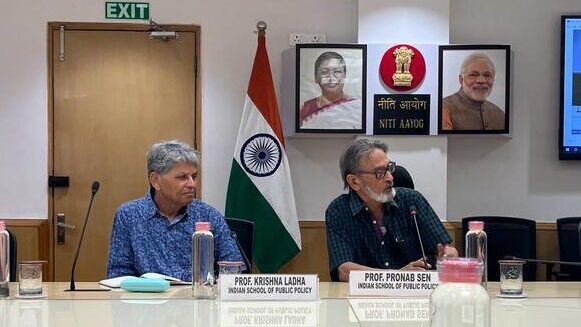
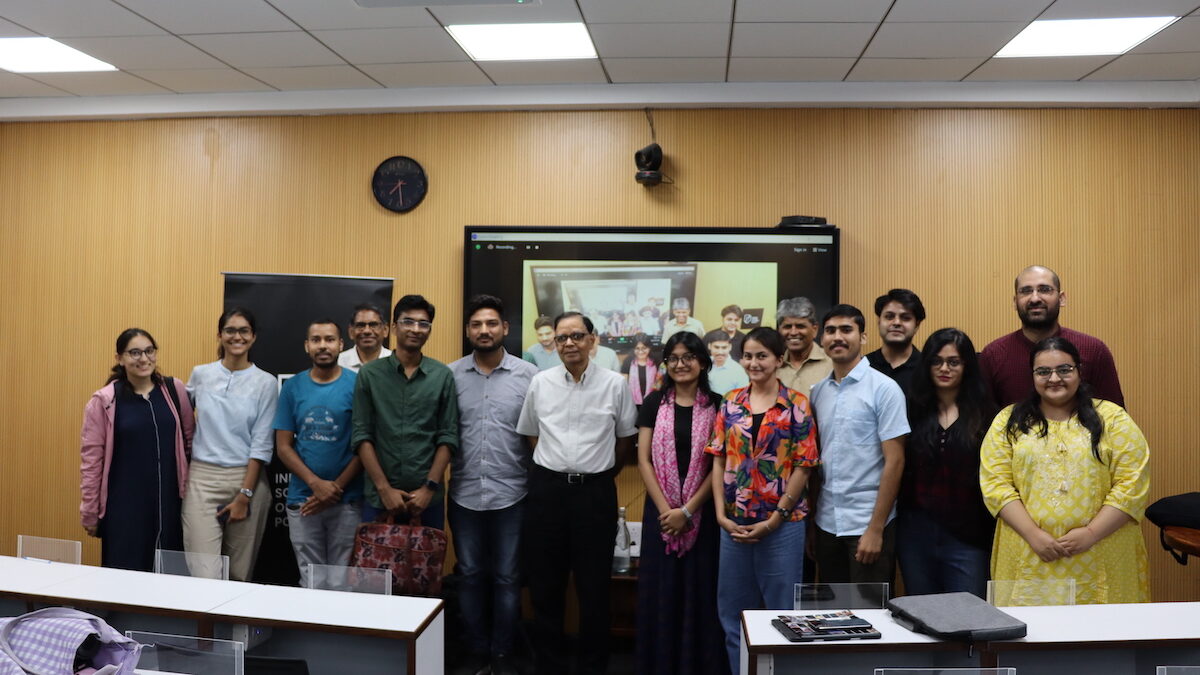
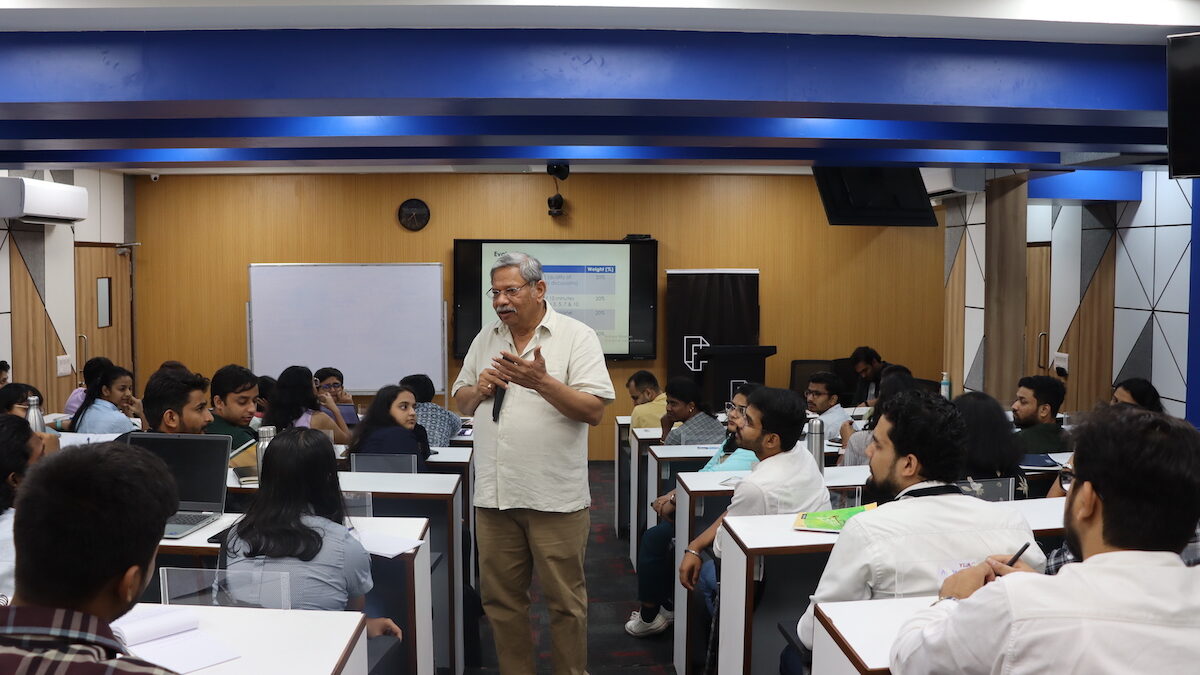
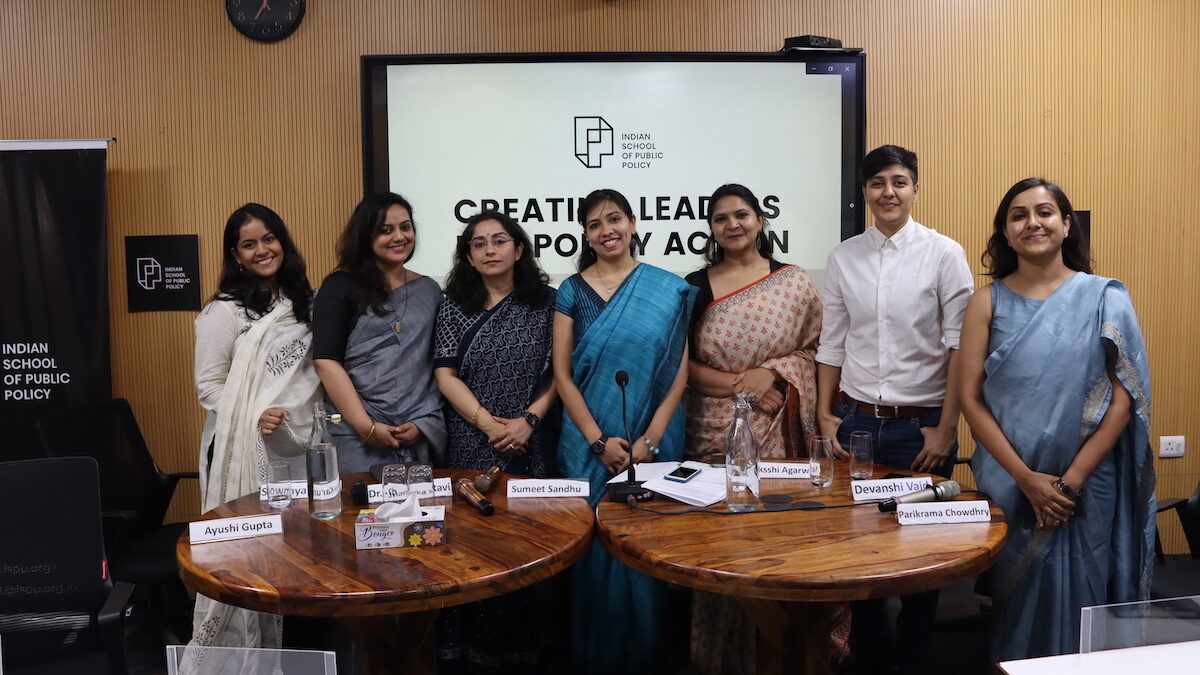
Latest blogs
Exploring and dissecting the complexities of public policy, offering insights and analysis from leading experts and voices in the field.


